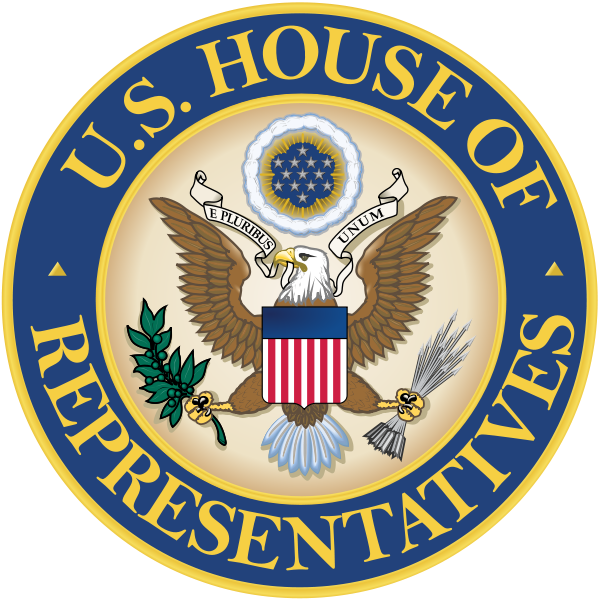After Increases in FY 2018, House Subcommittee Flat-Funds Most HUD Programs and Cuts HOME in FY 2019

On May 16, the House Appropriations Subcommittee on Transportation, Housing, and Urban Development (THUD) approved its Fiscal Year (FY) 2019 funding bill, which provides $43.6 billion in total net discretionary spending for HUD programs, $941 million more than the FY 2018 enacted level and $11.9 billion more than the Administration’s FY 2019 budget request. While maintaining most of the funding increases enacted in FY 2018, the FY 2019 bill would fund the HOME Investment Partnerships program (HOME) at $1.2 billion, $162 million less than FY 2018. The bill provides increases for both Section 8 project-based rental assistance and voucher programs, but not as much as some experts say is necessary to fully fund expected contract renewal costs.
During the markup, Subcommittee Chairman Mario Diaz-Balart (R-FL) and Ranking Member David Price (D-NC) both called on Congress to build on the success of the FY 2018 omnibus and invest in programs under the Subcommittee‘s purview. Diaz-Balart noted though that while the bill’s overall funding level was higher than in FY 2018, the HUD budget needs on average $1 billion more a year just to renew expiring rental assistance contracts, leaving less funds for other programs. Price also stressed the importance of fully funding rental assistance contracts and said that the Subcommittee may have to adjust their numbers as the Subcommittee receives updated renewal estimates from HUD. Price also suggested that Congress should work to increase HOME funding as it finalizes FY 2019 appropriations.
HUD bill highlights include:
- Federal Housing Administration (FHA) receipts used to offset HUD spending are $500 million less than in FY 2018, meaning that the House Subcommittee’s $941 million increase for HUD in FY 2019 is tantamount to just a $441 million increase compared to FY 2018.
- $1.2 billion for HOME, $162 million or 12 percent less than FY 2018, but still higher than any year since FY 2011 when HOME was funded at $1.6 billion.
- Extends HOME’s 24-month commitment deadline suspension through 2021, and makes community housing development organizations (CHDOs) eligible for the suspension from 2018 to 2021.
- $11.7 billion to renew all project-based rental assistance contracts, an increase of $632 million over the FY 2018 funding level but less than the $12.2 billion that the Preservation Working Group says is needed to renew all contracts for 12 months.
- $200 million for project-based rental assistance contract administration, $85 million less than FY 2018 and $35 million less than FY 2017.
- $20.1 billion for Housing Choice Voucher (voucher) renewals, an increase from last year’s $19.6 billion, but still lower than the $20.5 billion the Center on Budget and Policy Priorities estimates is needed for full voucher renewals.
- $1.8 billion for voucher administrative fees, 2 percent more than FY 2018.
- $390 million for Section 811 mainstreaming vouchers renewals.
- $50 million for a mobility-voucher demonstration for families with young children.
- $2.55 billion for Homeless Assistance Grants, 1 percent or $33 million more than in FY 2018.
- $3.3 billion for Community Development Block Grants, equal to FY 2018 funding.
- $632 million for the Section 202 Housing for the Elderly program, 7 percent less than FY 2018, but enough for contract renewals and $90 million set-aside for service coordinators.
- $393 million for the Housing Opportunities for People with AIDS (HOPWA) program, 5 percent higher than in FY 2018.
- $55 million for Housing Counseling Assistance, the same as in FY 2018.
- $230 million for the Office of Lead Hazard Control and Healthy Homes grants, the same as in FY 2018.
For updated information on specific program funding levels, please see NCSHA’s Appropriations Chart.
The House Appropriations Committee is expected to consider this bill as early as next week. The Senate Appropriations THUD Subcommittee plans to hold its FY 2019 HUD bill markup the week of June 4-8.

